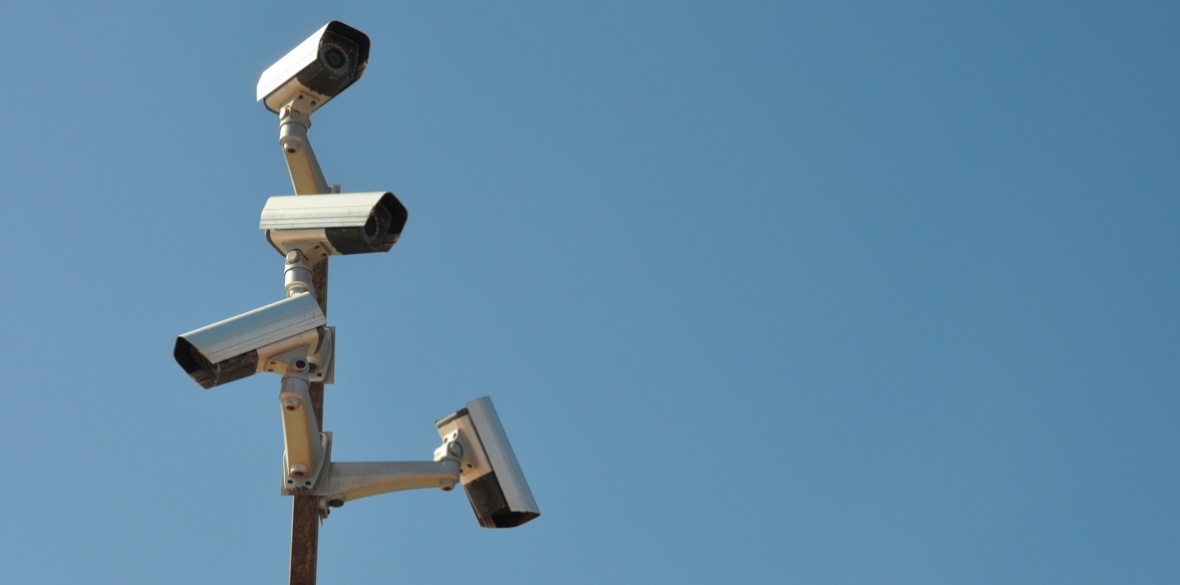This is the last article you can read this month
You can read more article this month
You can read more articles this month
Sorry your limit is up for this month
Reset on:
Please help support the Morning Star by subscribing here
BRITISH spooks’ mass surveillance programmes have violated citizens’ right to privacy and operated without “any real safeguards,” the European Court of Human Rights ruled today.
In a landmark judgement, the court held by a majority that GCHQ’s mass interception of communications breached human rights due to a “lack of oversight of the entire selection process” that decided whose communications were intercepted.
The court also expressed concern that “the intelligence services can search and examine ‘related communications data’ apparently without restriction,” data identifying, among other things, senders and recipients of communications, their location, email headings, browsing information and IP addresses.
It stated that access to metadata alone can “paint a detailed and intimate picture of a person” by allowing GCHQ to map “social networks, location tracking, internet browsing tracking, mapping of communication patterns and insight into who a person interacted with.”
However, the court found that GCHQ’s sharing of information with foreign governments did not violate the rights to privacy and freedom of expression.
The case was brought in 2013 by campaign groups, including Big Brother Watch, Open Rights Group , English PEN and the Bureau of Investigative Journalism, after “population-scale” monitoring was revealed by US National Security Agency whistleblower Edward Snowden.
Big Brother Watch director Silkie Carlo said: “This landmark judgement confirming that the UK’s mass spying breached fundamental rights vindicates Mr Snowden’s courageous whistleblowing and the tireless work of Big Brother Watch and others in our pursuit of justice.
“Under the guise of counterterrorism, the UK has adopted the most authoritarian surveillance regime of any Western state, corroding democracy itself and the rights of the British public.
“This judgement is a vital step towards protecting millions of law-abiding citizens from unjustified intrusion.”
Open Rights Group executive director Jim Killock pointed out that Britain has “the most extreme surveillance powers in a democracy.
“Since we brought this case in 2013, the UK has actually increased its powers to indiscriminately survey our communications, whether or not we are suspected of any criminal activity.
“In light of today’s judgement, it is even clearer that these powers do not meet the criteria for proportionate surveillance and that the UK government is continuing to breach our right to privacy.”
English PEN director Antonia Byatt warned: “Excessive surveillance discourages whistle-blowing and discourages investigative journalism.”
She demanded that the government “take action to guarantee our freedom to write and to read freely online.”
National Union of Journalists general secretary Michelle Stanistreet called the decision a “hugely significant” victory over Britain’s “repressive surveillance laws that are detrimental to the public interest,” adding: “This ruling is a great result for ethical journalism and journalists in the UK.”
Bureau of Investigative Journalism managing editor Rachel Oldroyd said she was “particularly concerned about the chilling effect that the threat of state surveillance has on whistleblowers who want to expose wrongdoing.”
However, she predicted that the court’s judgement would “force our government to put safeguards in place,” adding: “It is an extremely good day for journalism.”
The bureau’s barrister Gavin Millar QC said: “The government must now rewrite the law as to how the security and intelligence service can look at and use journalists’ confidential communications and material.
“Secretive arrangements like these cannot continue. There must be a public interest which overrides the vital right to journalistic free speech before officials can scrutinise such material.”










